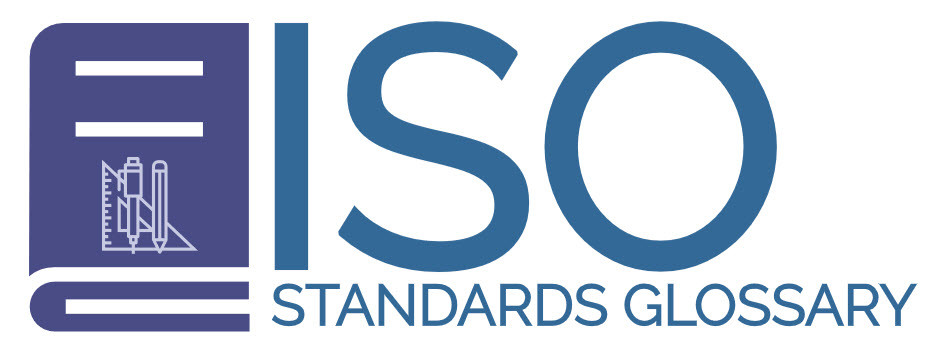The Role of Testing and Certification in Trade Compliance
In the global trade landscape, ensuring compliance with international regulations is essential for businesses. A fundamental aspect of this compliance is the rigorous process of testing and certification. These procedures are not just bureaucratic steps; they form the backbone of trustworthy international trade systems. Compliance processes are critical in maintaining trust and ensuring a level playing field for all market participants. Without these measures, the risks and inefficiencies in international trade would increase substantially.
Understanding Trade Compliance
Trade compliance refers to the adherence to all applicable laws and regulations governing how companies export and import goods. This includes an extensive range of requirements, encompassing everything from product safety standards to environmental regulations. Compliance ensures that all imported and exported products meet the legal obligations of both the country of origin and the destination country. It is not merely about following laws; it involves understanding and integrating these regulations into business operations to facilitate seamless international transactions.
The landscape of international regulations is complex and continuously evolving. As such, businesses engaged in international trade must remain vigilant and up-to-date with these changes. Non-compliance can lead to severe repercussions, including financial penalties, legal action, and damaged reputations. Successful trade compliance management involves proactive planning, regular training, and internal audits to meet and exceed regulatory requirements.
Why Testing is Critical
Testing is a crucial process used to verify the safety, quality, and efficacy of products. It involves a series of assessments designed to detect any potential issues before goods are permitted to enter global markets. Testing can help identify defects or non-compliances that might pose risks to consumers or legal challenges to businesses. Thus, it is a cost-effective measure to prevent long-term complications.
For example, electronics must undergo testing to ensure they meet international safety standards such as IEC standards. This kind of testing ensures that electrical products won’t cause harm or malfunction, which could lead to accidents or fire hazards. Similarly, pharmaceuticals are subject to rigorous testing to guarantee their safety and effectiveness for consumers. In this context, testing can involve clinical trials, stability testing, and quality control tests that affirm the product’s intended effects without adverse side effects.
The Certification Process
After successful testing, a product typically earns a certification, a formal acknowledgment that it meets the necessary standards and regulations. Certification acts as a trade passport, signaling that a product is compliant and safe for use or consumption. Obtaining certification can open doors to international markets, enhance brand reputation, and increase consumer trust.
The certification process varies by industry and product but generally involves submitting testing documentation to a recognized certifying body. This body reviews the data and, if the product meets all the necessary criteria, issues a certificate that accompanies the product throughout the supply chain. This certificate serves as a testament to the product’s compliance and quality, often required before a product can be legally sold in certain markets.
Benefits of Testing and Certification
Market Access: Certified products often have an easier time accessing international markets. Many countries require proof of compliance before products can enter their markets. Certification is often a prerequisite for market entry and can be a differentiating factor between competitive products.
Risk Mitigation: Testing and certification help in identifying potential risks before they become costly problems. This proactive approach saves businesses from facing recalls, fines, or legal action due to non-compliance. Early identification of issues allows for corrective measures that ensure safety and adherence to regulations, significantly reducing the risk of financial losses and reputational damage.
Consumer Trust: Certification serves as an assurance to consumers that the products they purchase are safe and meet all required standards. This builds confidence and encourages brand loyalty. Consumers today are increasingly discerning and prioritize safety and compliance. Products bearing recognized certifications are more likely to be perceived favorably in the market.
The Strategic Advantage of Compliance
Achieving trade compliance through testing and certification is not merely a defensive measure but also a strategic advantage. Companies that excel in compliance often outperform their peers by gaining early access to new markets, responding effectively to regulatory changes, and maintaining higher quality standards. Emphasizing compliance also encourages a culture of continuous improvement where innovation and efficiency are prioritized.
The ability to navigate complex regulatory environments quickly and effectively enables businesses to exploit new opportunities and respond swiftly to competitive pressures. Moreover, compliance contributes to sustainable business practices, fostering long-term growth and resilience in an ever-changing global economy.
Conclusion
In the realm of global trade, testing and certification are indispensable in achieving trade compliance. They ensure the safety, quality, and legal compliance of products, paving the way for smoother international trade operations. By investing in robust testing and certification processes, businesses can not only avoid potential pitfalls but also enhance their competitive edge in the global market. Embracing compliance as a core business strategy positions companies to succeed and thrive amidst the complexities of international trade, ensuring they meet current demands and prepare for future challenges.
